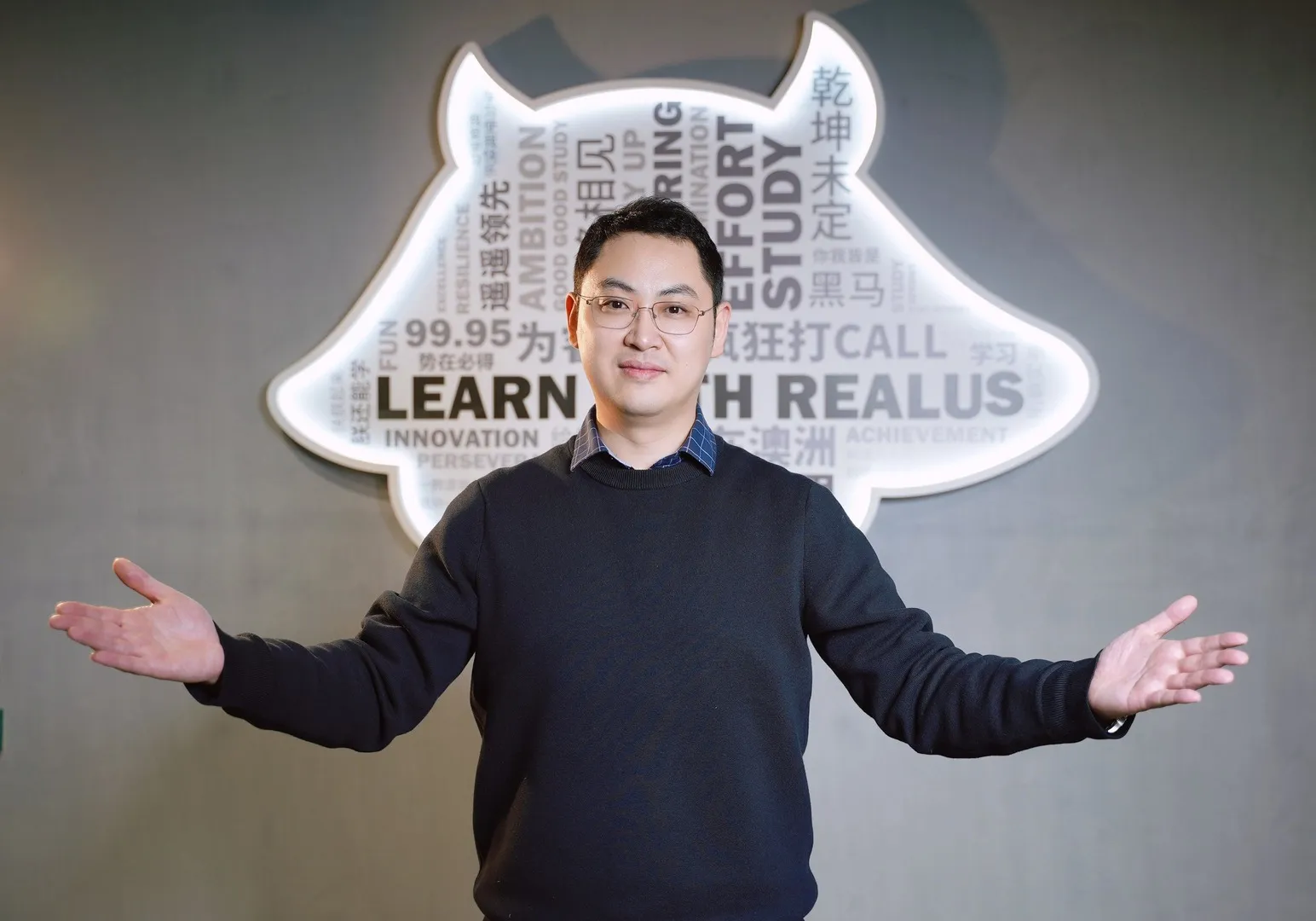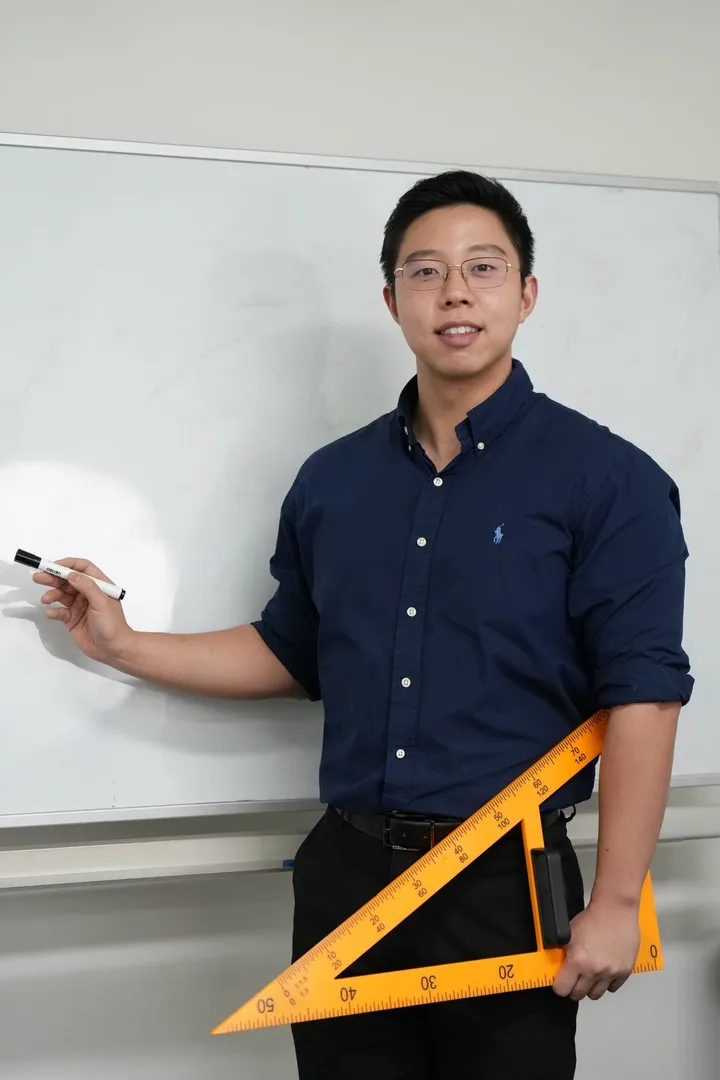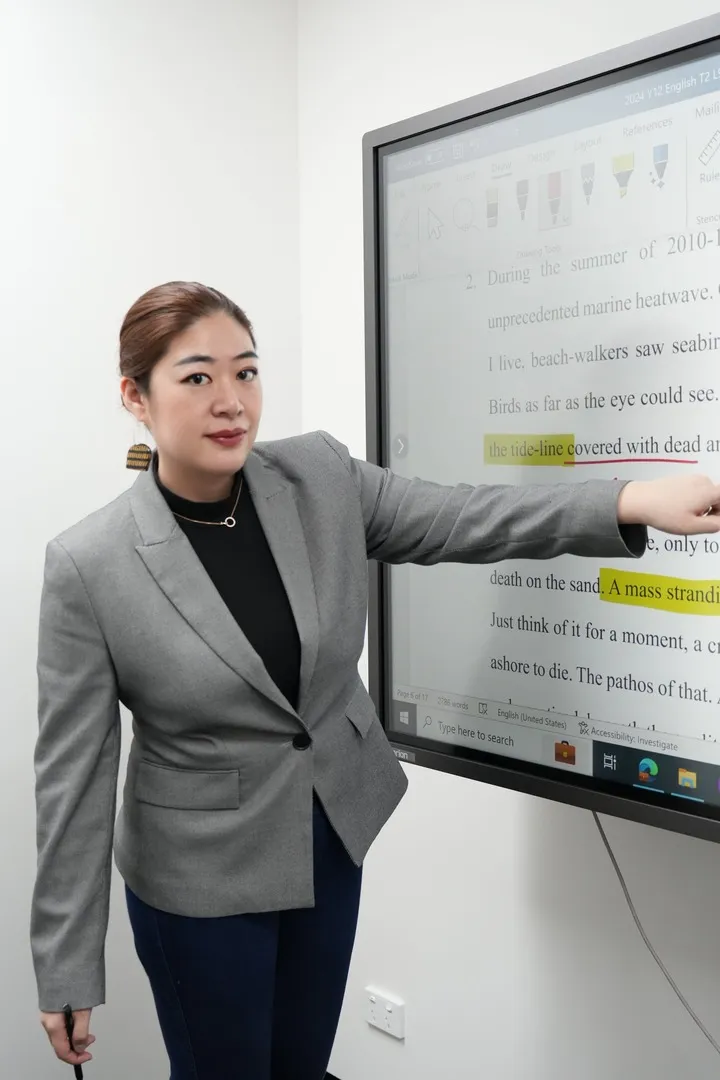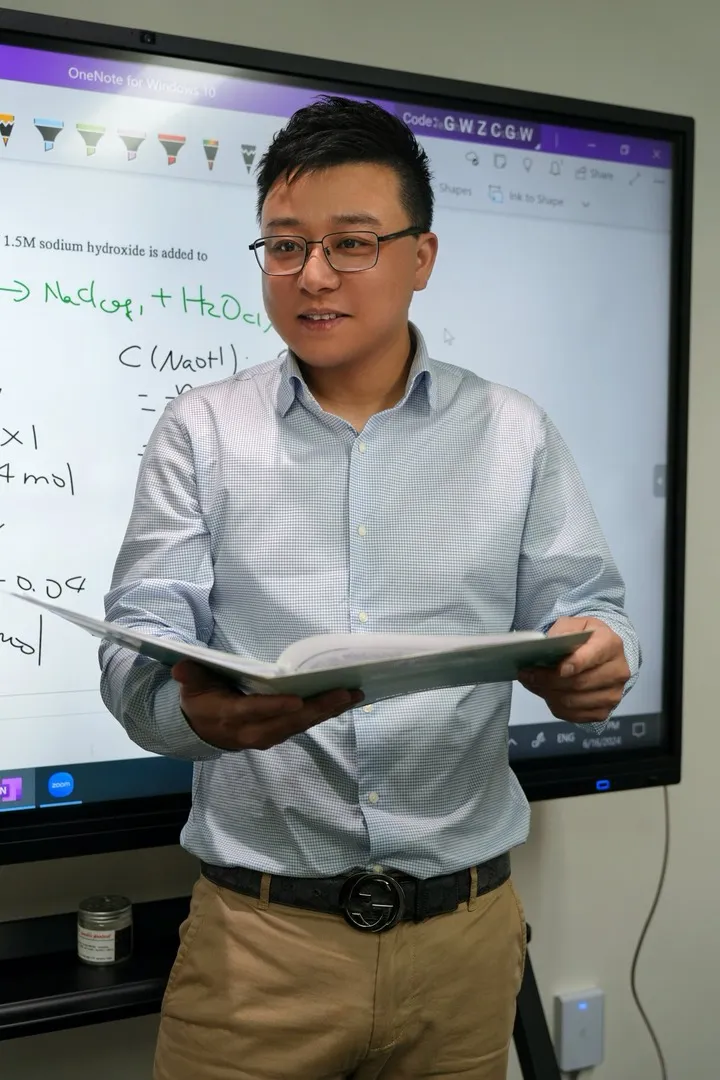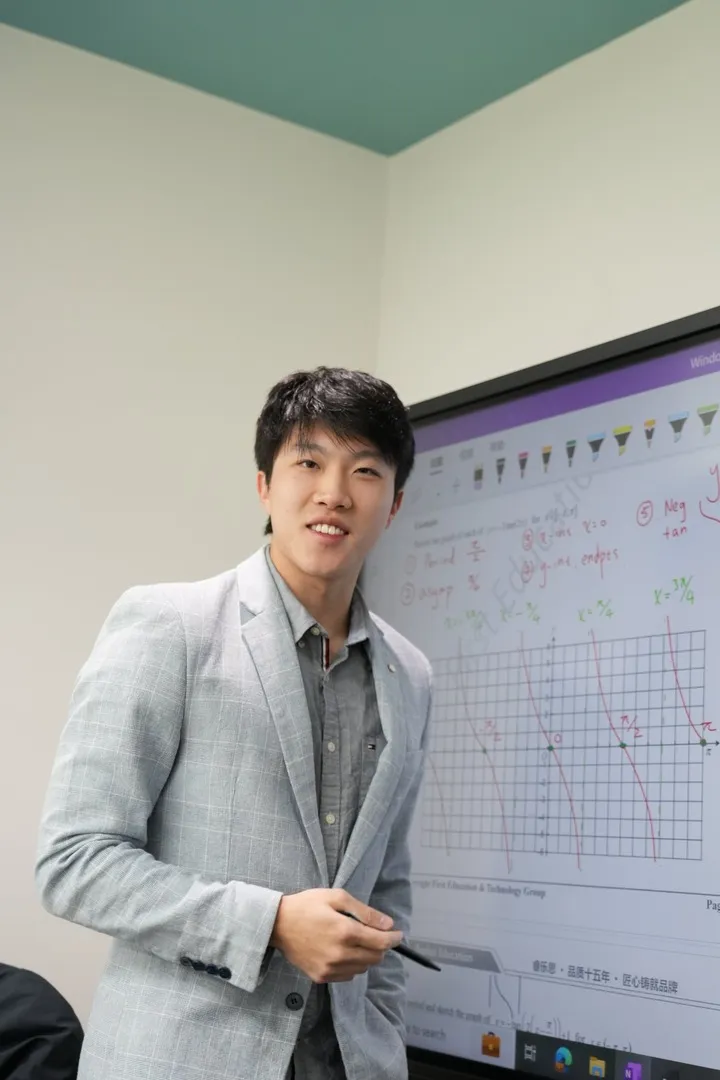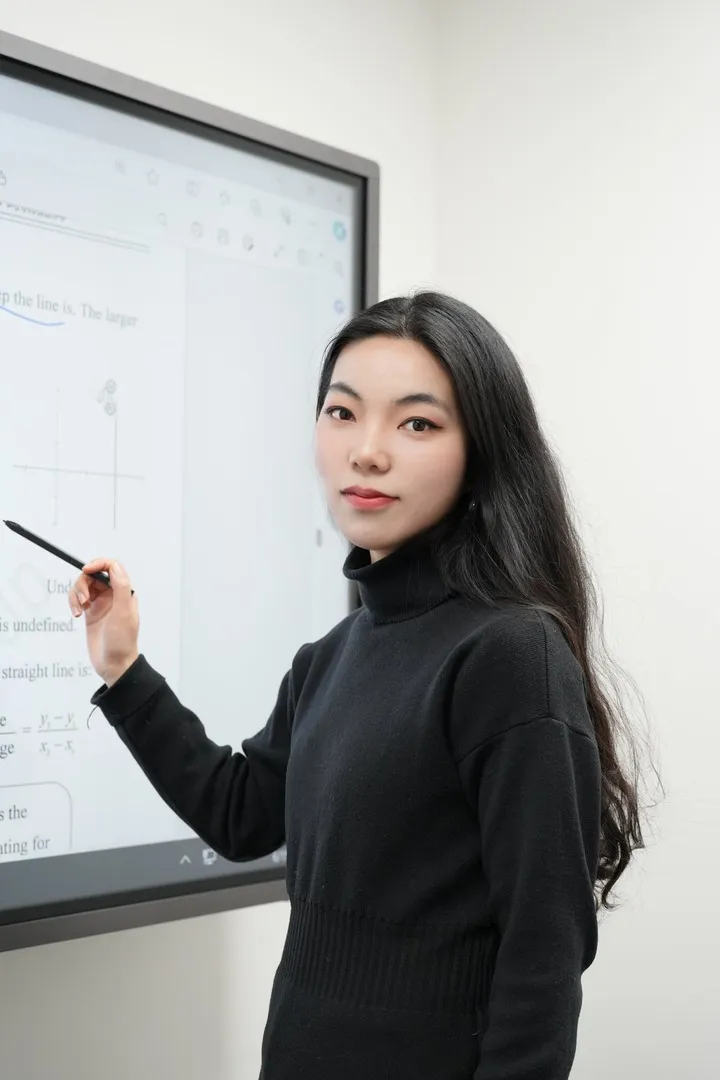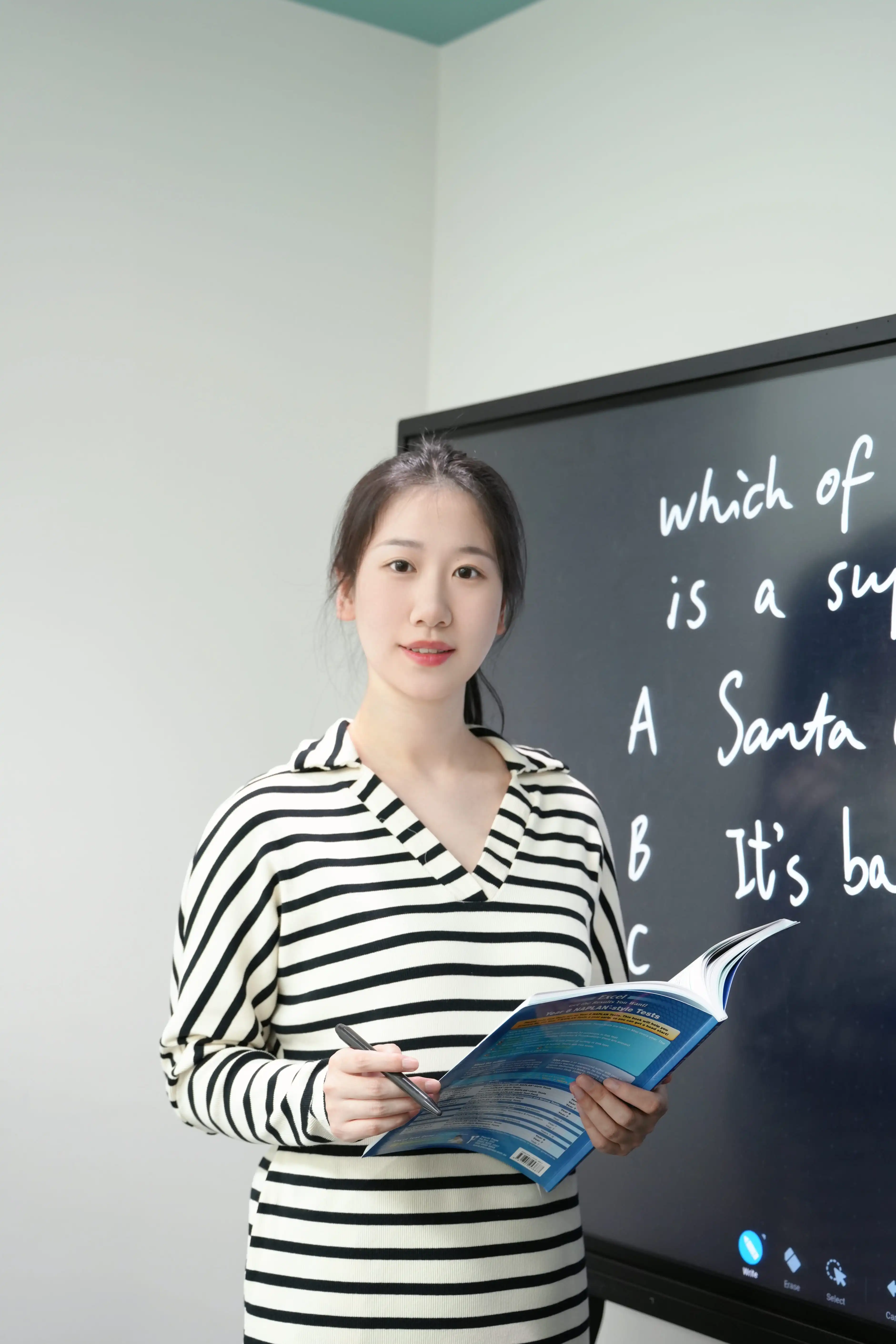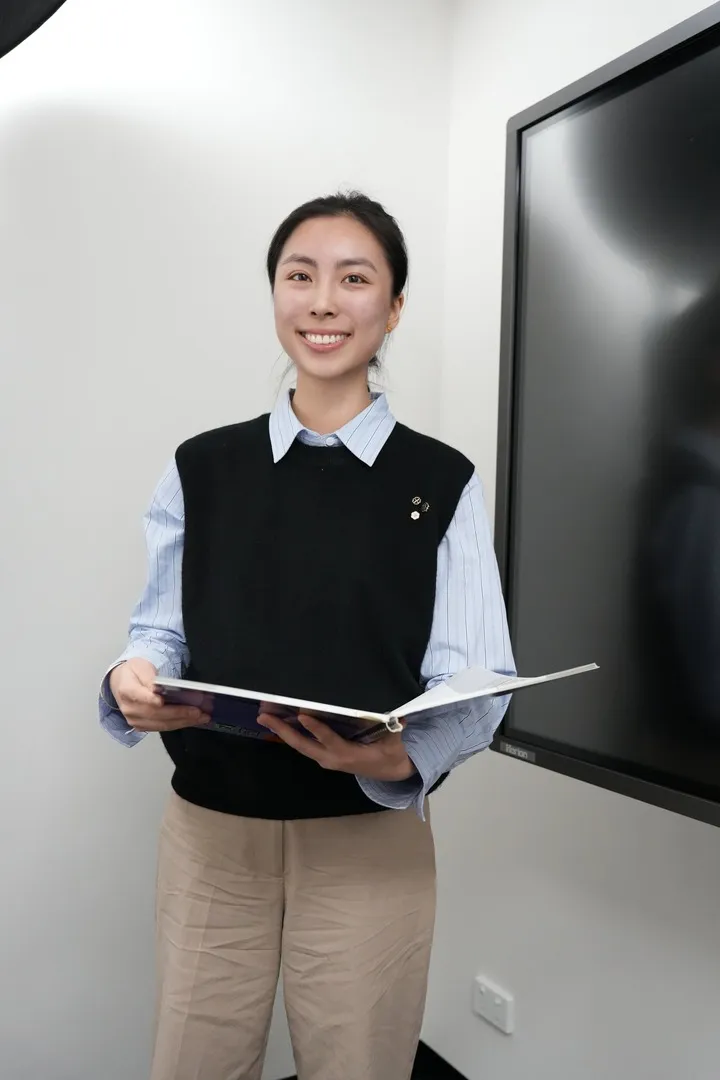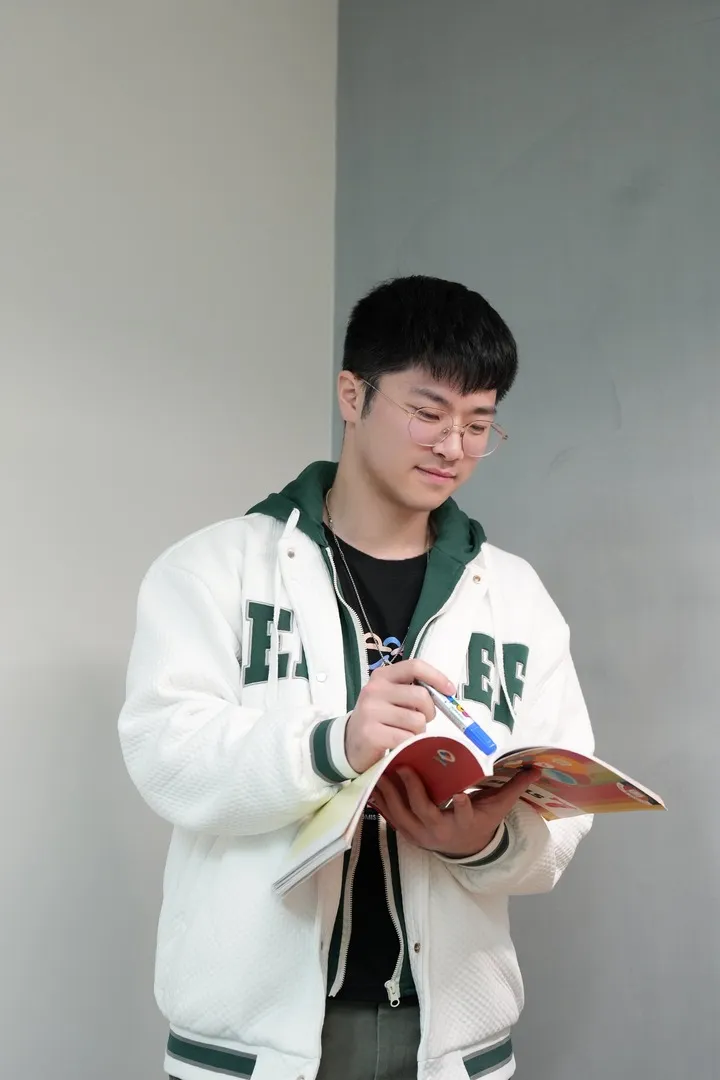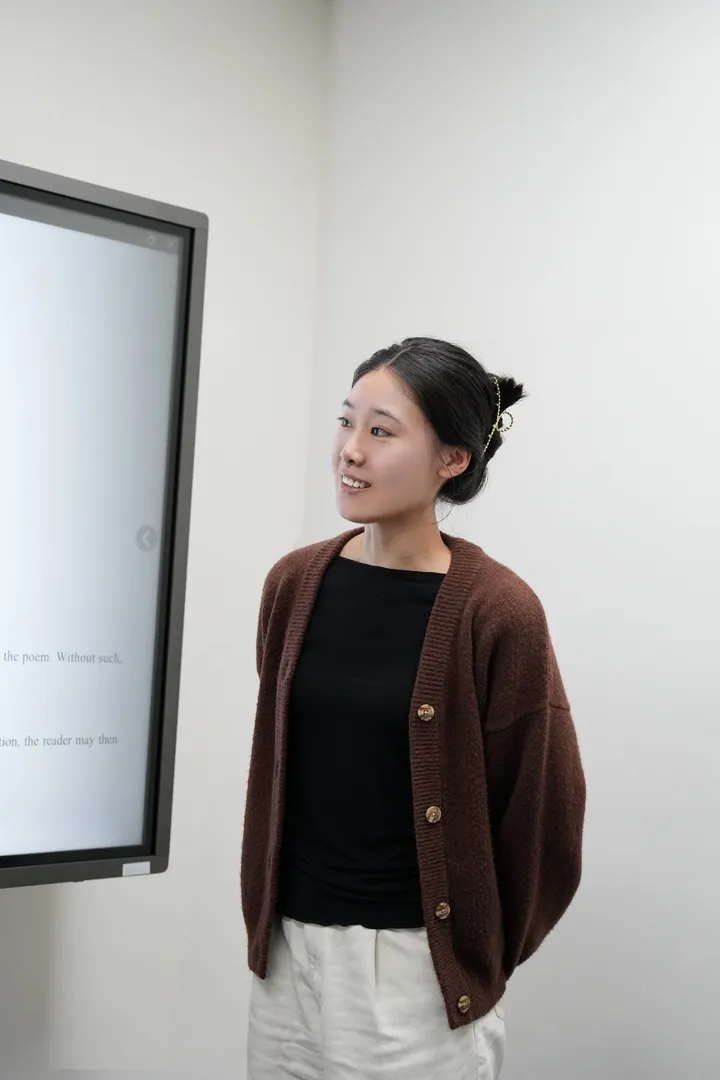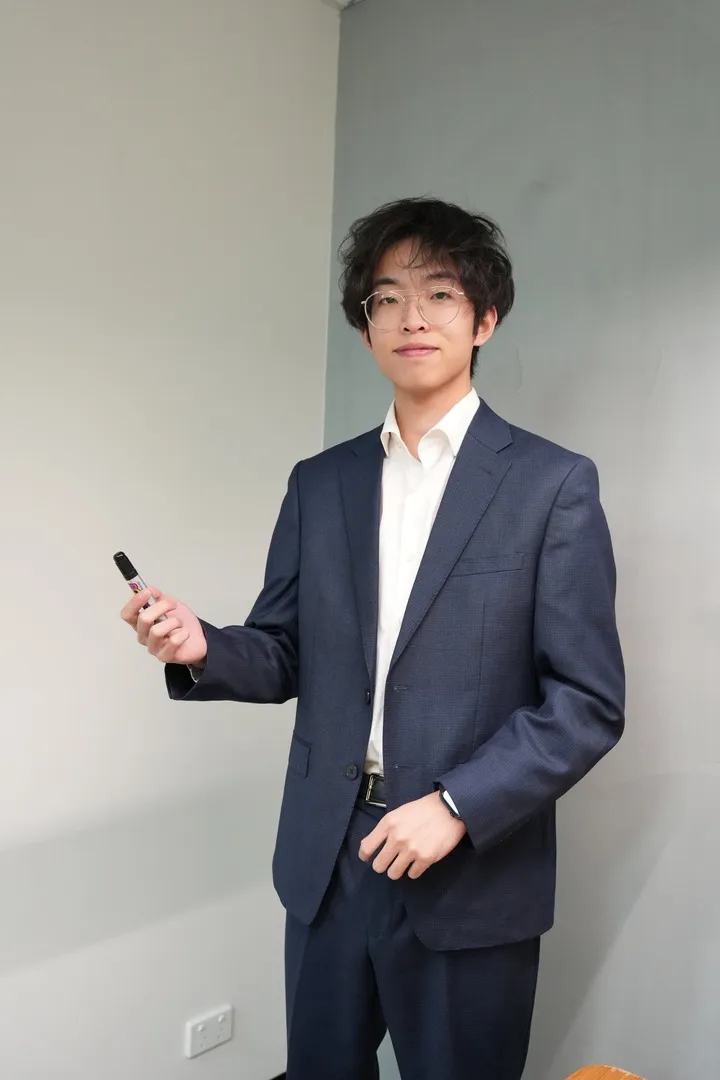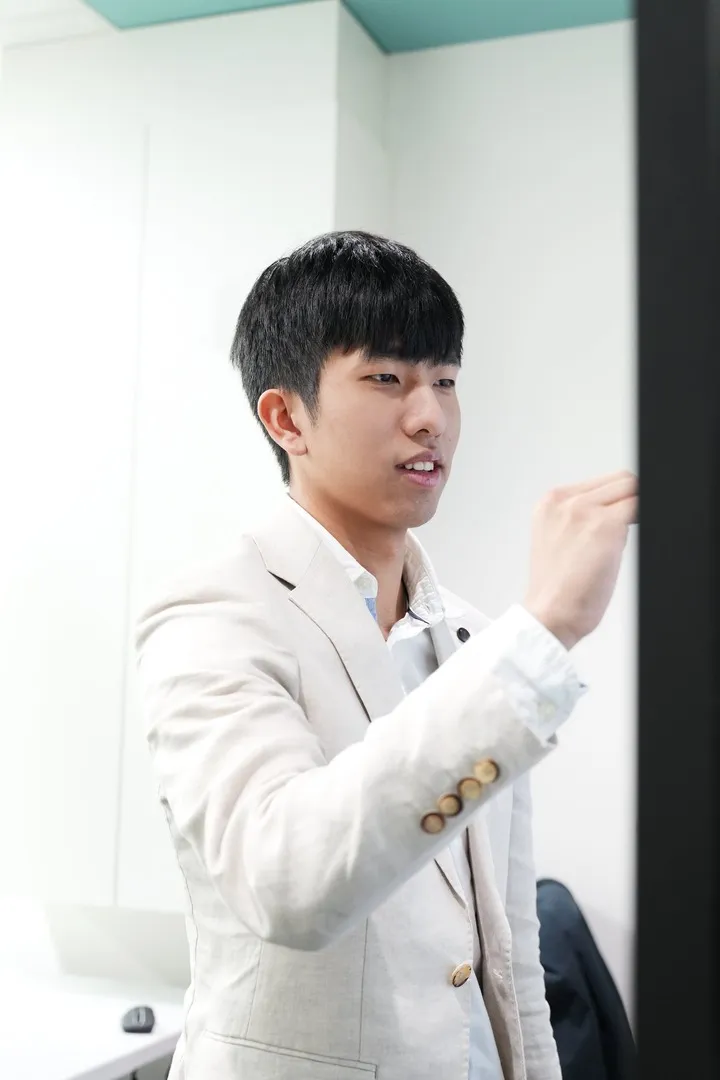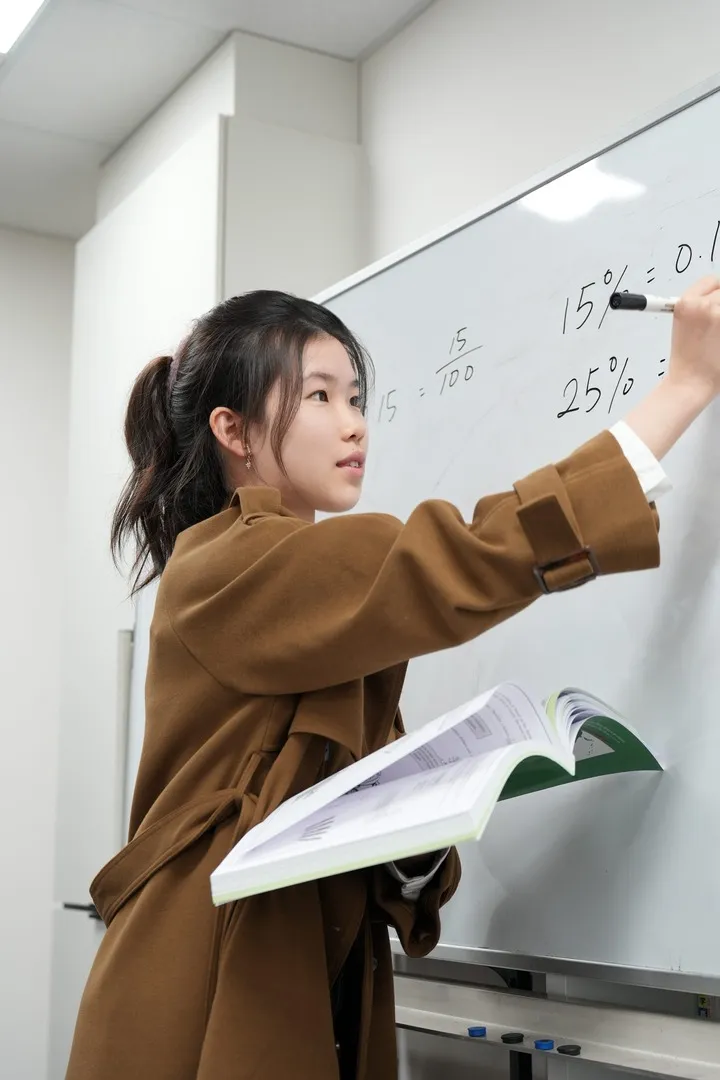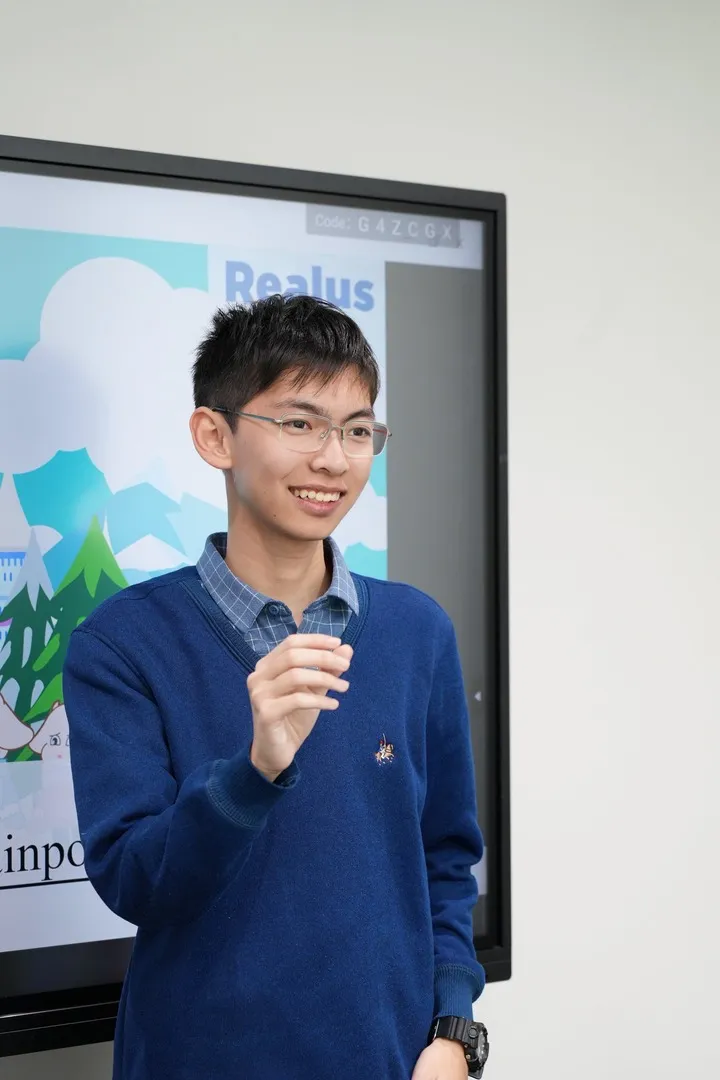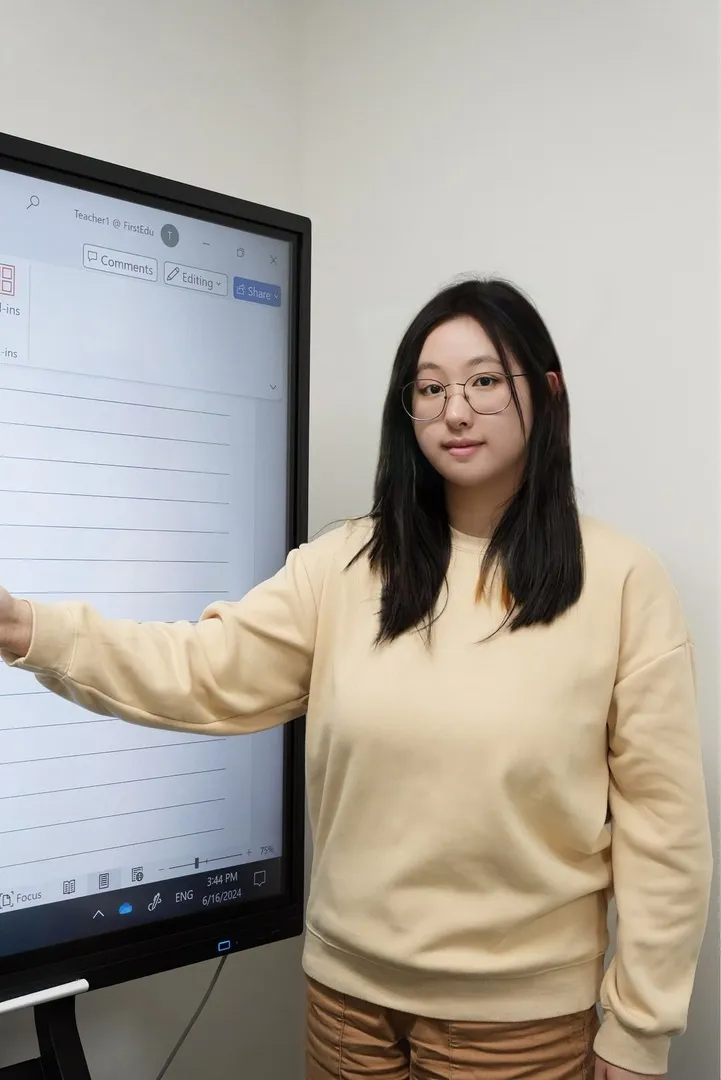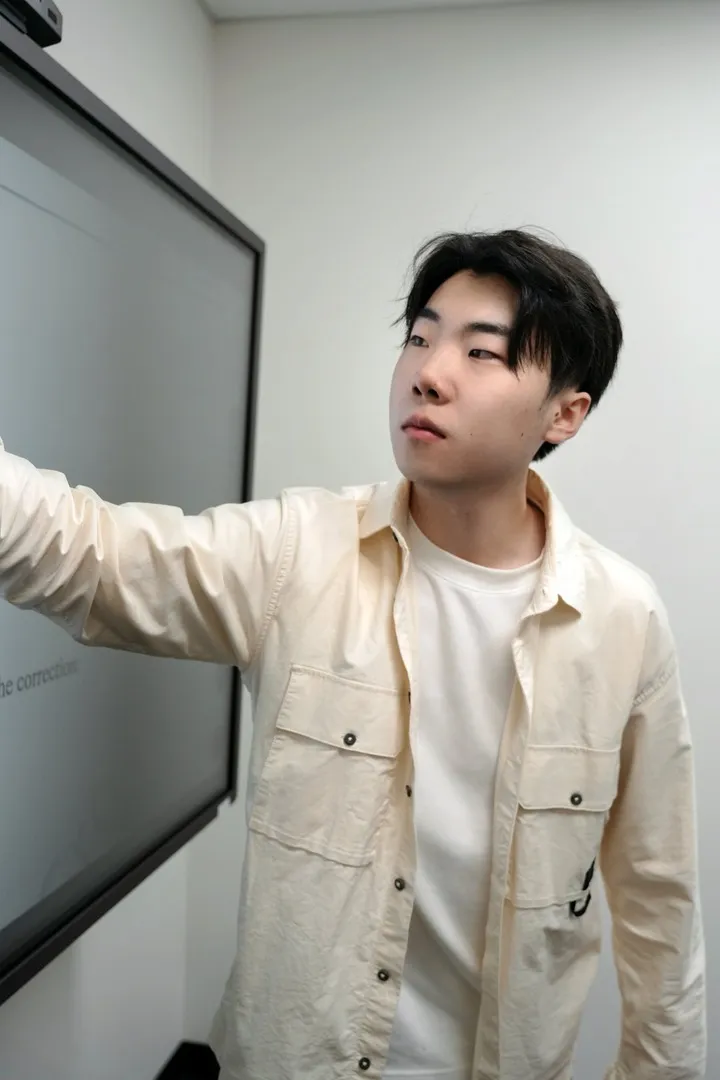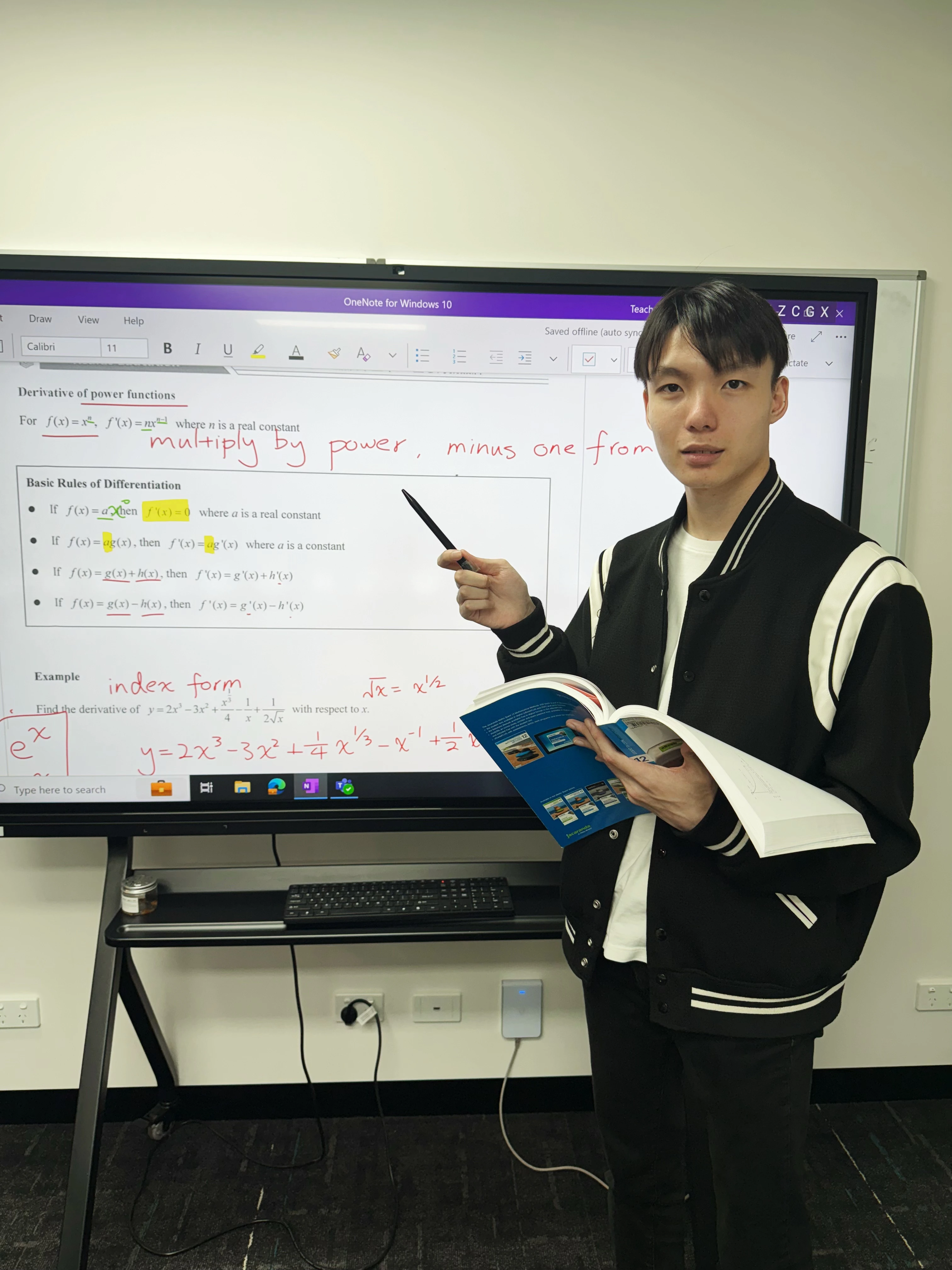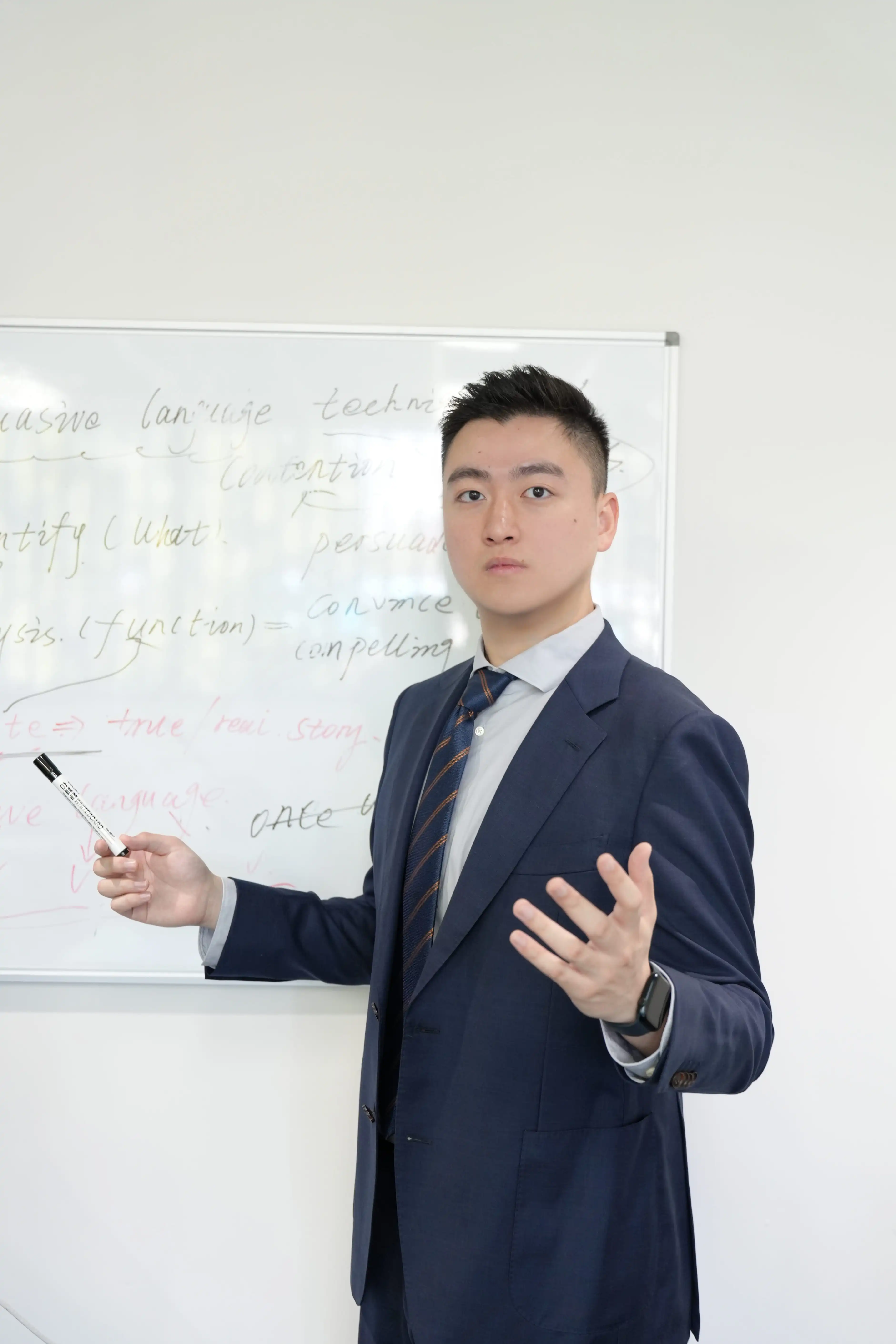Unit 3: How do cells maintain life?
Lesson 1: The relationship between nucleic acids and proteins I
Lesson 2: The relationship between nucleic acids and proteins II
Lesson 3: Enzymes
Lesson 4: DNA manipulation techniques and applications
Lesson 5: Regulation of biochemical pathways in photosynthesis and cellular respiration
Lesson 6: Photosynthesis as an example of biochemical pathways
Lesson 7: Cellular respiration as an example of biochemical pathways I
Lesson 8: Cellular respiration as an example of biochemical pathways II
Lesson 9: Biotechnological applications of biochemical pathways
Unit 4: How does life change and respond to challenges?
Lesson 10: Responding to antigens I
Lesson 11: Responding to antigens II
Lesson 12: Acquiring immunity I
Lesson 13: Acquiring immunity II
Lesson 14: Disease challenges and strategies
Lesson 15: Genetic changes in a population over time I
Lesson 16: Genetic changes in a population over time II
Lesson 17: Changes in species over time
Lesson 18: Determining the relatedness of species
Lesson 19: Human change over time I
Lesson 20: Human change over time II







